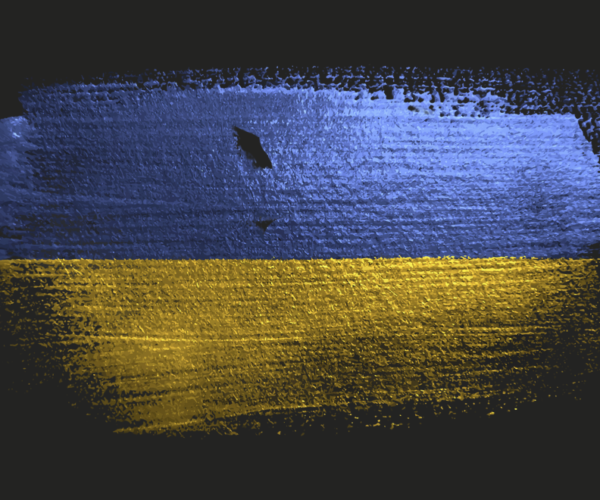New WHT – new principles of criminal liability
One of the issues which has arisen from introducing changes in the method of settlement of withholding tax (WHT) is changes in the principles of criminal liability of tax remitters and taxpayers of WHT. Prior to discussing these changes, it is worth noting that on the basis of the former applicable regulations, the risk of fiscal criminal liability related to WHT is only limited to the tax remitter, who in the event that applied an inappropriate tax rate, might underestimate the amount of the collected tax due (Article 78 of the Penal Fiscal Code (PFC). The amendment brings a major revolution in terms of fiscal criminal liability by widening both its subjective and substantive scope.
The changes arising from the amendment may be divided into two groups. The first includes new regulations introduced into the PFC that regulate the penal consequences related to representations that will have to be made by taxpayers / tax remitters intending to take advantage of the lower rate of WHT or applying for a refund of the tax. The new regulations include primarily Article 56c of PFC, which provides for four situations in which the taxpayer / tax remitter may feel threatened by the fiscal criminal consequences. All of them are related to providing untrue data to the tax authority. As of the new year, taxpayers and tax remitters intending to take advantage of a lower taxation or applying for issuance of an advance (protective) tax rulings or refund of surplus of paid in WHT will be obliged to make an appropriate statement.
In light of the newly introduced regulation, fiscal criminal liability will apply to whomever attested untruth or concealed truth in:
- Representation about acting with due diligence upon verification of premises for application of a reduced tax rate or tax exemption;
- Representation about having performed a verification and holding documents that prove that application of a reduced tax rate or tax exemption was justifiable;
- Representation accompanying the request for refund of WHT that the circumstances provided in the application are consistent with the truth; and
- Application for issuance of an opinion about taxpayers availing themselves of an exemption from withholding lump-sum income tax.
It is primarily the tax remitter who faces the risk of committing a new fiscal criminal offence since it is the tax remitter who is entitled to submit all the above-specified representations and an application for issuance of an opinion. The risk faced by the taxpayer is only limited by a representation accompanying the request for refund of tax and an application for issuance of an advance (protective) tax ruling, since in light of the [new] regulations, the taxpayer has no option to make the representations which are referred to in points 1 and 2 above. Please note that the maximum penalties for a misrepresentation will amount up to 720 daily rates (in 2019, this will be as much as PLN 21,600,000), and up to five years of deprivation of liberty.
The second group of the new fiscal criminal consequence follows directly from changes introduced to the tax regulations. This means that on the basis of the new tax regulations, certain behaviour of taxpayers and tax remitters will be seen as fiscal criminal offences, or tax offences in light of the already applicable provisions of the PFC, since in light of the proposed structure of the tax regulations, after the amendments come into force, in addition to liability under the above discussed Article 56c of PFC, it will be possible to also attribute to a taxpayer, who under the currently applicable regulations does not at all bear criminal liability for settlement of WHT, fiscal criminal liability for extortion of tax refund (Article 76 of PFC), or even strictly criminal liability for fraud to the detriment of the State Treasury (Article 286 of the Penal Code).
A taxpayer may “perpetrate” the above in a situation where, in the opinion of the fiscal authority, they request an excessive amount of tax to be refunded on account of a reduced tax rate or tax exemption. Penalties threatening the taxpayer for perpetrating a fiscal criminal offence under Article 76 of PFC may amount to as much as PLN 21,600,000 as a fine, and up to five years of deprivation of liberty, whereby in the event of facing a charge of fraud the upper limit may reach eight years of deprivation of liberty. In addition it is also possible that in the event of attestation of untruth, law enforcement authorities may decide, in addition to charges under Article 56c of PFC, to also conduct criminal proceedings to charge a taxpayer / tax remitter with a common criminal offence consisting in misrepresentation (Article 233 § 6 of the Penal Code), whereby the threatening penalty may amount to as much as eight years of deprivation of liberty.
Listen



